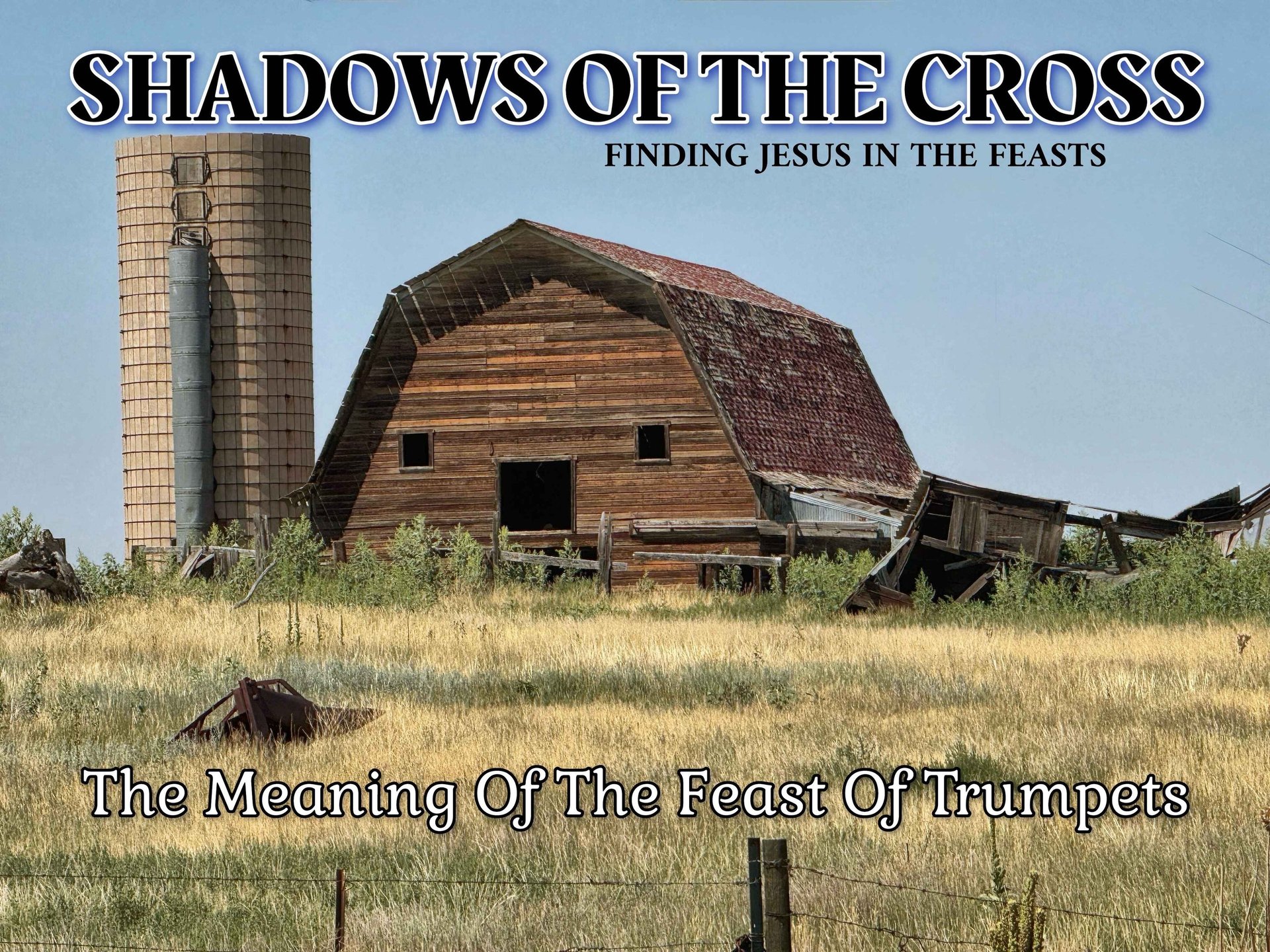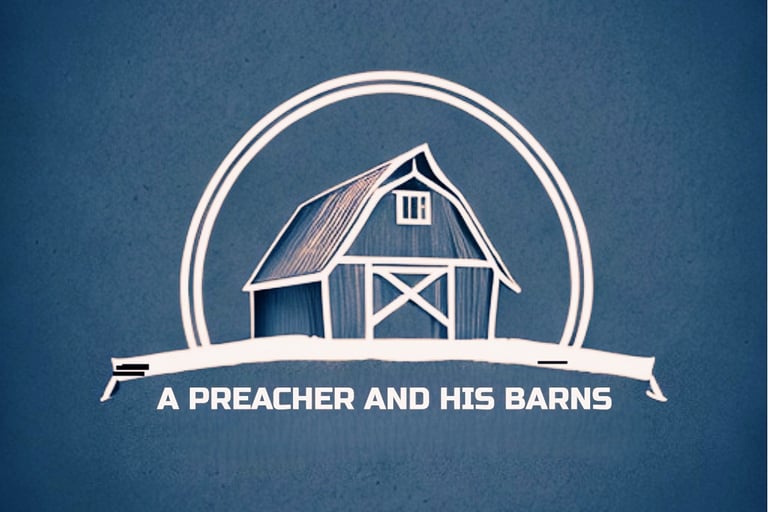The Meaning Of The Feast Of Trumpets
For the Jewish people, these days are a time of deep self-examination, repentance, and preparation for the most solemn day of the year.


The Meaning Of The Feast Of Trumpets
The Ten Days of Awe – A Call to Reflection and Renewal
“Search me, O God, and know my heart; Try me and know my anxious thoughts; And see if there be any hurtful way in me, And lead me in the everlasting way.” – Psalm 139:23–24 (NASB1995)
After the Feast of Trumpets, Jewish tradition moves into a sacred season known as the Ten Days of Awe (Yamim Noraim). These are the ten days between the Feast of Trumpets (Rosh Hashanah) and the Day of Atonement (Yom Kippur).
For the Jewish people, these days are a time of deep self-examination, repentance, and preparation for the most solemn day of the year, when the nation would seek God’s mercy and forgiveness. The trumpet blasts of Yom Teruah serve as a spiritual alarm clock, waking hearts to the reality that life is fragile, judgment is coming, and repentance is needed.
For Christians, the Ten Days of Awe carry a profound reminder. We live in the “in-between” season—Christ has already come as our Atonement, but we await His return as Judge and King. These days remind us that God’s people are called to live in continual repentance and renewal, not waiting until a future day of judgment, but turning our hearts daily toward Him.
Paul writes, “Examine yourselves, to see whether you are in the faith” (2 Cor. 13:5). The Ten Days of Awe invite us to pause, search our hearts, and allow the Spirit to cleanse and renew us.
So, ask yourself these questions: Am I living in light of Christ’s return? Where do I need repentance, renewal, and a fresh start?
The Ten Days of Awe remind us that repentance is not a burden but a gift—an open door to restoration with God through Jesus Christ, our perfect High Priest.


